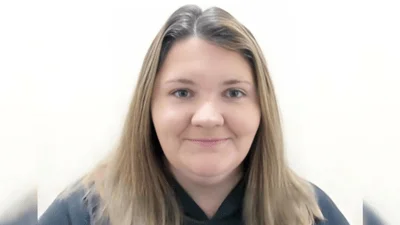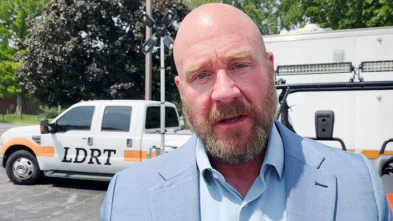State Representative Michael Coffey (IL) | Representative Michael J. Coffey, Jr. (R) 95th District
State Representative Michael Coffey (IL) | Representative Michael J. Coffey, Jr. (R) 95th District
Dr. Martin Luther King Jr.'s influence reached beyond the Southern United States, leaving a lasting impact on Illinois, especially in Chicago. His work there addressed systemic racial injustices affecting millions and demonstrated that civil rights was a national issue.
King's connection to Illinois began with visits between 1961 and 1966 to spread his message of equality. He spoke at various venues, including Illinois Wesleyan University, where his speeches resonated deeply. In a 1966 address, he noted, “We have come a long, long way, but we have a long, long way to go,” highlighting both progress and ongoing challenges.
Recognizing that racial discrimination wasn't confined to the South, King turned his attention to Chicago in 1966. He launched the Chicago Freedom Movement with the Southern Christian Leadership Conference (SCLC) to tackle de facto segregation and economic injustice in Northern states like Illinois.
To spotlight these issues, King moved into an apartment in North Lawndale—a poor area lacking basic amenities—to symbolize housing policy neglect faced by Black families. This act underscored his belief that fighting for equality required personal commitment and solidarity with those oppressed.
The movement organized rallies against housing discrimination and unemployment. Notably, during the Marquette Park march on August 5, 1966, King and about 700 activists faced violent opposition from locals while protesting housing segregation. Reflecting on this event, King stated it was among the worst resistance he'd encountered.
Despite obstacles, the campaign achieved milestones like the Summit Agreement promoting fair housing practices—an important step towards addressing inequities in northern cities—and laid groundwork for the Fair Housing Act of 1968.
Illinois was first to honor King's contributions by establishing Martin Luther King Jr. Day as a state holiday on September 17, 1973—five years after his assassination and ten years before it became a federal holiday in 1983.
Today across Illinois, King's legacy is celebrated through events and memorials such as Chicago's Martin Luther King Jr. Living Memorial. These tributes serve as reminders of his time in the city and sacrifices for justice.
King's work highlighted universal issues beyond regional boundaries: discrimination in housing, education, employment were nationwide concerns affecting many communities.
His legacy inspired local leaders like those at organizations such as Chicago Urban League or Operation Breadbasket (now Rainbow/PUSH Coalition). These groups worked alongside him addressing economic/racial inequalities impacting Illinois today.
Each year events honor King's life/teachings; Springfield hosts Martin Luther King Jr Memorial Breakfast discussing inequality/contemporary justice-building efforts guided by dreams of equality envisioned by Dr.MartinLutherKingJr






 Alerts Sign-up
Alerts Sign-up